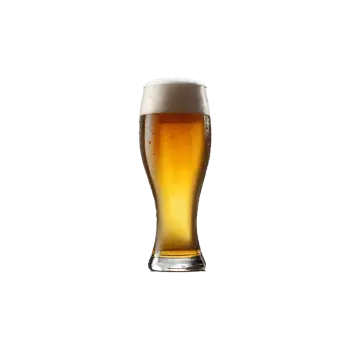Quick version
The Swedish Transport Agency uses PEth tests to assess excessive alcohol consumption when holding a driver's license, but a single high value is not enough for a decision - at least two tests are required. There has been misunderstanding in the media that the Swedish Transport Agency equates "abuse" with "risky use", but the limit for PEth is significantly higher than what is considered risky use.
PEth tests and driving license suitability
The Swedish Transport Agency uses PEth tests as part of the assessment of suspected alcohol abuse. However, a single elevated value is not enough to conclude that a person has harmful use or alcohol dependence. At least two tests with a period of at least five weeks between the tests are required to confirm long-term and extensive alcohol consumption.
There have been incorrect claims in the media that the Swedish Transport Agency equates its definition of "abuse" with the Swedish National Board of Health and Welfare's definition of "risky use". This is a misconception. Risky use is defined as a consumption of approximately 10 standard glasses of alcohol per week (120 grams of pure alcohol), while the limit for a PEth value of 0.3 µmol/L corresponds to a consumption of approximately 28-42 standard glasses of wine or 21-28 cans of strong beer per week, which is a significantly higher level of consumption.
Rule changes and future clarifications
The Swedish Transport Agency is currently reviewing the rules regarding medical requirements for holding a driver's license. One proposal is to replace the diagnosis of "abuse" with a clearer definition of harmful use or non-occasional overconsumption of alcohol. In addition, at least one of the following three medical criteria must be met in order for it to constitute an obstacle to possession:
- Lack of control over alcohol consumption
- Impaired cognitive functions
- Alcohol withdrawal or need to drink alcohol to avoid withdrawal
This is expected to lead to fewer driving license interventions due to more medically based and clearer regulation.
Comment from medically responsible physician Erik Lind
"As healthcare providers, we see the importance of medical assessments being made in the right context. A single elevated PEth value can have several causes and should never be the sole basis for decisions about driving license possession. Therefore, it is crucial that testing is carried out on repeated occasions and that the results are assessed based on a holistic picture of the patient's health.
We advocate PEth testing because it gives the individual a clear insight into their alcohol consumption, which in itself can lead to a more conscious and healthy lifestyle. If a single elevated value were to automatically lead to a revoked driver's license, we risk that fewer people will choose to get tested - something that could rather complicate efforts to reduce harmful alcohol consumption.
Alcohol and traffic naturally do not go together, and the Swedish Transport Agency's work on medical requirements is an important part of road safety. At the same time, it is crucial that the information disseminated is correct and that assessments are based on medical criteria rather than single test results. We therefore urge both the media and the public to base their decisions on the facts and the Swedish Transport Agency's guidelines on this issue."





















